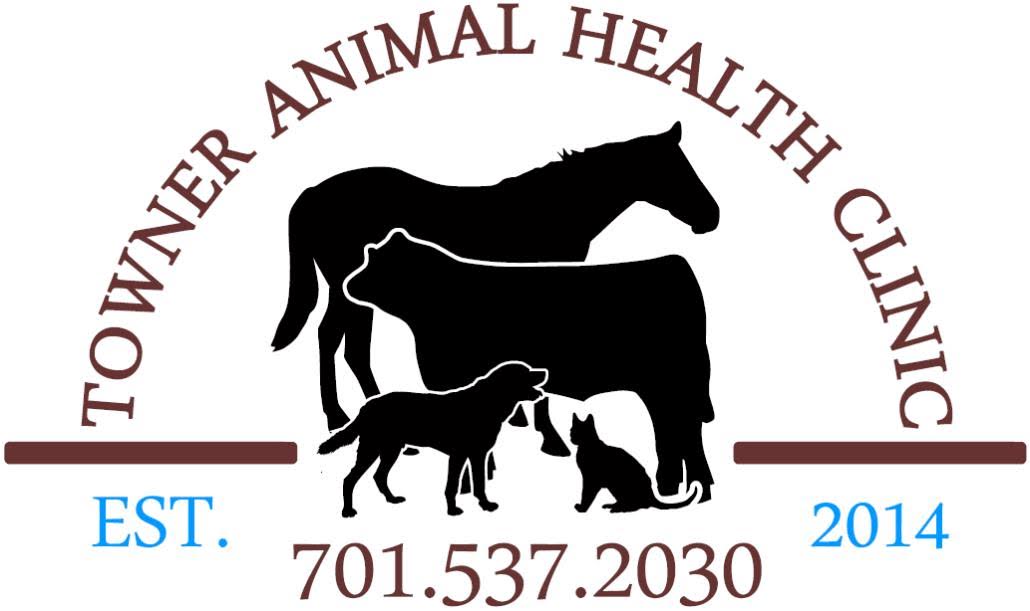Library
-
Su perro va a ser anestesiado y entendemos su preocupación. En esta hoja informativa se da respuesta a las preguntas más frecuentes sobre la anestesia. Esperamos que le sea de ayuda.
-
Anesthesia for Cats
Es muy frecuente y normal que los propietarios de gatos presenten cierto nerviosÃsmo cuando se habla de anestesiar a su mascota. Este folleto tiene como objetivo resolver las dudas y aliviar esas preocupaciones.
-
Anesthesia is accomplished by administering drugs that depress nerve function. It is important that you fully understand what will happen to your pet, and that you understand the risks. Anesthetic monitoring in a veterinary hospital is like that found in any human hospital. With today's anesthetics, many of which are reversible, your pet should be almost completely normal by the time of discharge.
-
Anesthesia is accomplished by administering drugs that depress nerve function. It is important that you fully understand what will happen to your pet, and that you understand the risks. Anesthetic monitoring in a veterinary hospital is like that found in any human hospital. With today's anesthetics, many of which are reversible, your pet should be almost completely normal by the time of discharge.
-
Anisocoria is a condition in which the pupils of the cat's eyes are different sizes. Anisocoria is a symptom of an underlying condition or disease that needs to be identified and treated. Prognosis is guarded pending the diagnosis and treatment. Blindness may occur as a result of the underlying condition.
-
Anisocoria is a condition in which the pupils of the eyes are different sizes; one pupil is larger than the other. Anisocoria is a symptom of an underlying condition or disease that needs to be identified and treated. Prognosis is guarded pending the diagnosis and treatment. Blindness may occur as a result of the underlying condition.
-
A cat that does not want to eat, or is not eating, is a cat with a potentially life-threatening medical condition. Many conditions can lead to the inability of your cat to eat or lose her appetite completely. It is important to find the underlying cause so that an appropriate treatment plan can be created. Appetite stimulants may be prescribed, and in some cases, a feeding tube may be placed by your veterinarian. Decreased food intake or any change in eating habits warrants investigation by your veterinarian.
-
A dog that does not want to eat, or is not eating, is a dog with a potentially life-threatening medical condition. Many conditions can lead to the inability of your dog to eat or lose his appetite completely. It is important to find the underlying cause so that an appropriate treatment plan can be created. Appetite stimulants may be prescribed, and in some cases, a feeding tube may be placed by your veterinarian. Decreased food intake or any change in eating habits warrants investigation by your veterinarian.
-
Separation Anxiety in Dogs
La ansiedad por separación afecta a perros que están demasiado unidos o son demasiado dependientes de la familia. Cuando se separan de los propietarios se vuelven extremadamente ansiosos y manifiestan signos de estrés en forma de conducta destructiva, vocalización (ladridos), micción y defecación inadecuadas (hacer sus necesidades dentro de casa) o inactividad.
-
Anthrax is an infection that can affect cats. It is caused by the spores of a bacterial microorganism. Anthrax is usually spread through inhalation or ingestion of spores from infected meat, although cutaneous exposure can occur. It takes many spores to cause an infection that results in clinical signs of anthrax.

